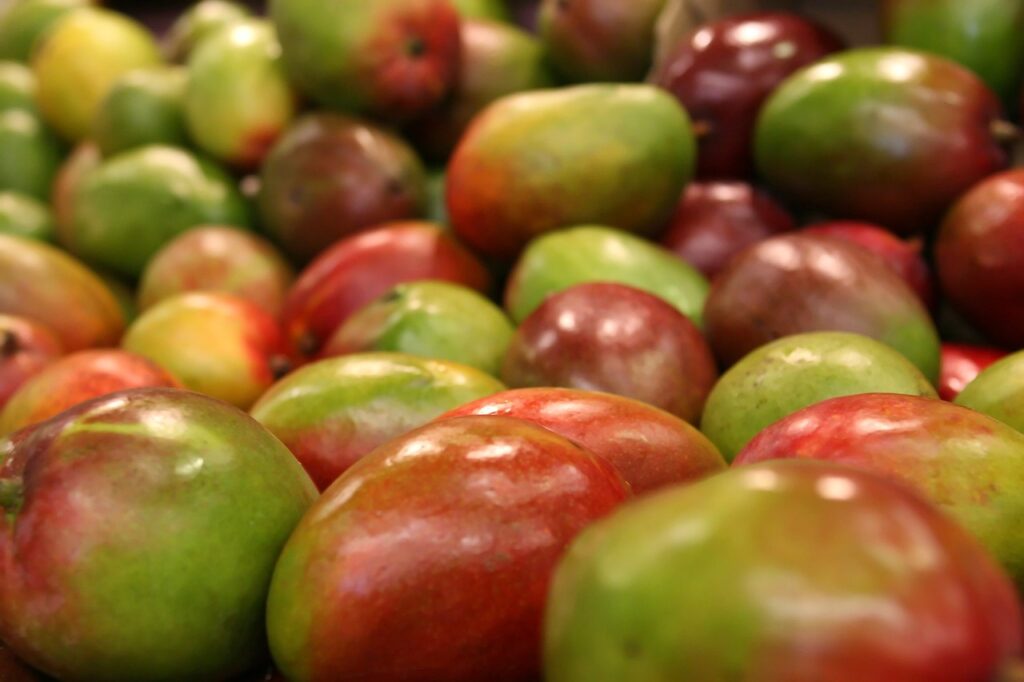The term “halal” is one that has gained prominence in recent years, particularly in the context of food and dietary choices. Halal, an Arabic word that translates to “permissible” or “lawful,” refers to a set of guidelines and principles that govern what is acceptable and appropriate in Islamic dietary practices. Halal food ingredients, therefore, are those that conform to these guidelines, ensuring that they are permissible for consumption by Muslims. But what exactly differentiates halal food ingredients from others, and why is this distinction important? In this article, we will explore the unique characteristics and significance of halal food ingredients.
The Halal Certification Process
To understand what sets halal food ingredients apart, it’s essential to recognize the rigorous certification process that they undergo. In many countries and regions, there are specific halal certification authorities responsible for overseeing and verifying the adherence of food products to Islamic dietary laws. These authorities employ experts in Islamic jurisprudence and food science to scrutinize the sourcing, preparation, and handling of food items.
The certification process typically involves the following steps:
- Ingredient Sourcing: Halal certification begins at the very foundation, the ingredients themselves. Each component must be sourced from suppliers who also adhere to halal guidelines, ensuring that no prohibited substances are introduced into the production process.
- Hygiene and Sanitation: Facilities involved in the preparation of halal food ingredients must maintain strict hygiene and sanitation standards. Cross-contamination with non-halal items is strictly prohibited.
- Processing and Preparation: The way ingredients are processed and prepared is of utmost importance. The use of any prohibited elements, such as pork or alcohol, is strictly forbidden. Equipment, utensils, and tools used must also be free from any traces of non-halal substances.
- Supervision and Inspection: Trained professionals often oversee the entire production process, ensuring that it aligns with Islamic dietary laws. Regular inspections and audits are carried out to guarantee ongoing compliance.
- Labeling and Traceability: Halal food products must be accurately labeled, allowing consumers to easily identify them. This transparency helps consumers make informed choices based on their dietary requirements.
Prohibited Ingredients in Halal Food
One of the primary distinctions between halal food ingredients and their non-halal counterparts lies in the list of prohibited substances. Islamic dietary laws, as outlined in the Quran, specify certain items that are strictly forbidden for consumption. These include:
- Pork and Pork Products: Pork is considered impure in Islam, and its consumption is unequivocally prohibited. This extends to any products derived from pork, such as gelatin made from pork bones.
- Alcohol: The consumption of alcoholic beverages is forbidden, and this extends to any food products containing alcohol.
- Blood: The consumption of blood, whether in its natural state or as an ingredient in food, is not allowed.
- Carnivorous Animals and Birds of Prey: Islam prohibits the consumption of animals that are predatory by nature, such as lions and eagles.
- Improperly Slaughtered Animals: The method of slaughtering animals is a critical consideration in halal food production. Animals must be slaughtered in the name of Allah, and the process must be humane and cause the least amount of suffering.
- Halal Food Handling and Utensils: Even if an ingredient is considered halal, it can become non-halal if it comes into contact with non-halal items or utensils. Therefore, the equipment and utensils used in the preparation must be carefully managed.
The Significance of Halal Food Ingredients
The distinction between halal food ingredients and others holds immense significance, particularly for the Muslim community. Halal dietary laws are an integral aspect of Islamic culture and spirituality, and adherence to these guidelines is considered an act of faith and piety. Muslims believe that consuming halal food helps them maintain physical health and spiritual well-being.
Moreover, the halal food industry is expanding rapidly, reaching consumers far beyond the Muslim community. Many non-Muslims also opt for halal-certified products due to their stringent quality standards. The thorough vetting process and emphasis on hygiene and purity have made halal food ingredients a symbol of quality assurance in the food industry.
In conclusion, the differentiation of halal food ingredients from others is rooted in a deep-seated commitment to faith, purity, and dietary laws. The meticulous certification process ensures that these ingredients comply with Islamic principles and, in turn, meet the standards of quality and purity that appeal to a wide range of consumers. As the halal food industry continues to grow, understanding and appreciating the significance of halal food ingredients is essential, not only for Muslims but for anyone who values high-quality, ethically sourced food products.
